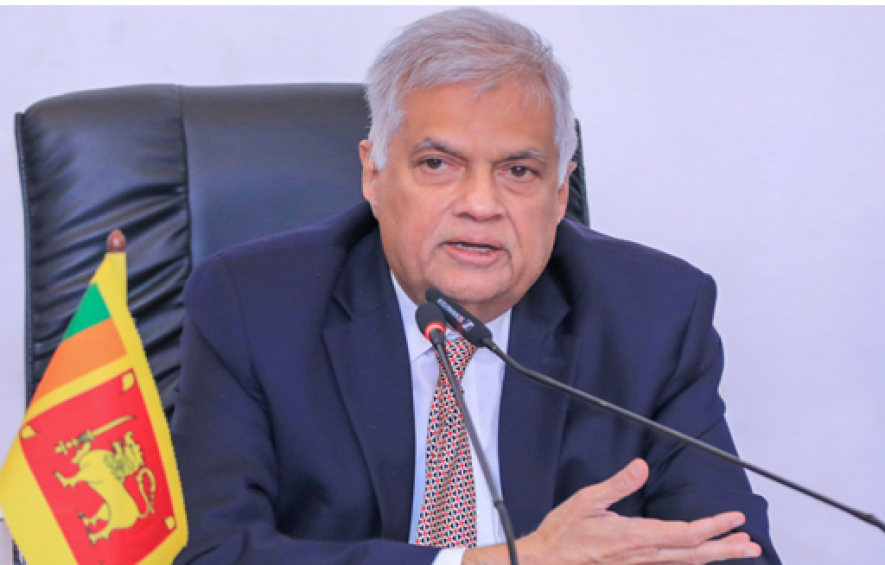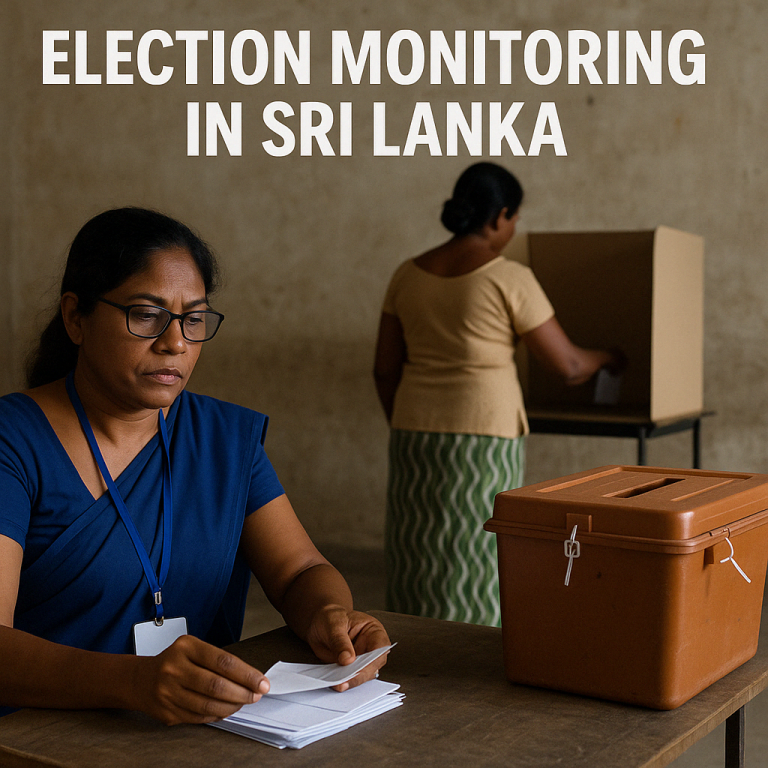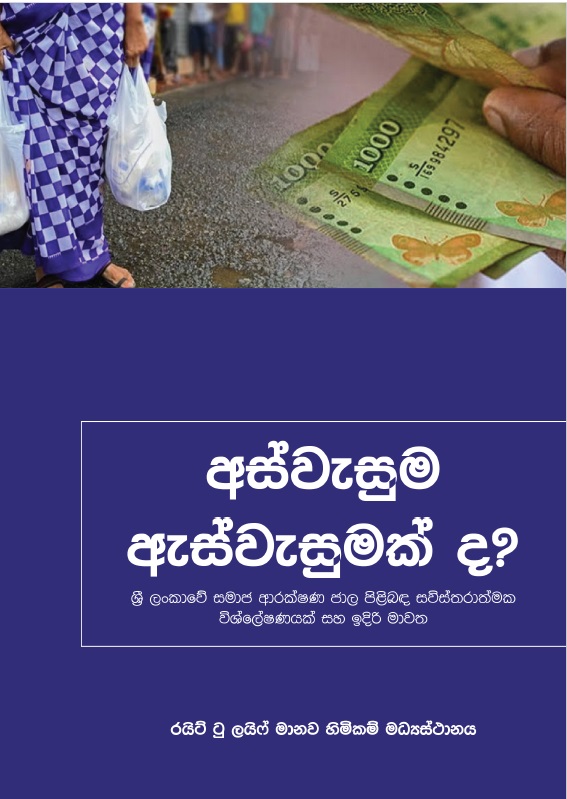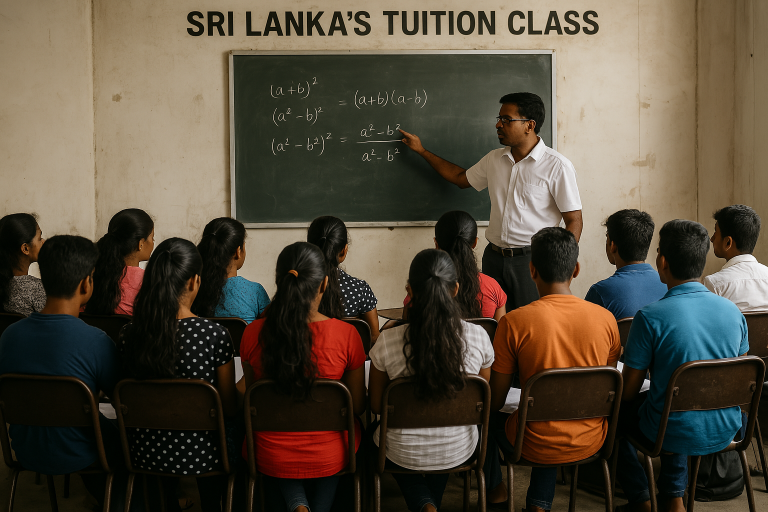Representatives of civil society organisations (CSO) have recently met with President and Finance, Economic Stabilisation, and National Policies Minister Ranil Wickremesinghe to discuss the former’s concerns pertaining to the proposed controversial non-governmental organisations (NGO) law.
During the meeting, where the proposed NGO (Registration and Supervision) Act of 2024 was discussed, the President has stated that the Government has no intention to violate the freedoms of association, expression, or assembly, and that CSO representatives are welcome to continue to submit their concerns for the Government’s review. The CSOs that attended the meeting said that although the President said that the need for such a law arose due to security considerations as discussed in the Security Council, demands presented in the wake of the Easter Sunday attacks, and instances of queries from persons regarding money received from abroad for philanthropic purposes, he was non-committal regarding the timing of the law.
“Our proposals were handed over to the President. He said that the draft of the Bill is still at the Legal Draftsman’s Department and that it is yet to be presented to the Cabinet of Ministers. Moreover, he said that further steps can be taken regarding the Bill during the next few stages (of enacting the proposed law),” the CSO Collective’s Co-Convenor and Right to Life organisation’s Executive Director Philip Dissanayake told The Daily Morning.
During the meeting, the CSO representatives had pointed out: “The requirement of mandatory registration and the definition targeting a wide and diverse group of institutions (from death donation societies/funeral societies to international organisations and also private foundations, private trusts, organisations incorporated by Acts of Parliament, and social enterprises) will have a crippling effect. Non-registration attracting criminal liability effectively licences the harassment of all informal activities.”
In addition, noting that the registration scheme proposed by the said law does not treat target institutions with the same level of independence as other registration schemes, the CSOs expressed concerns that the proposed NGO law is heavy handed on supervision, interference, and control.
They added: “The administrative burden on registered organisations is prohibitive, especially for smaller local organisations and also leads to rent seeking and corrupt practices by officials bestowed with discretion. An entire administration with power is created by this law and clearly wields high levels of control including the ability to suspend registration for administrative lapses. The proposed law is mainly concerned about national security and terrorism financing for which there are special laws and agencies that have the specialist competencies to investigate and act when there is a complaint or a risk is detected. This law would duplicate the Police powers of the existing laws, and vest it with a competent authority with no specialist competency including any official to whom powers are delegated or devolved.”
themorning







